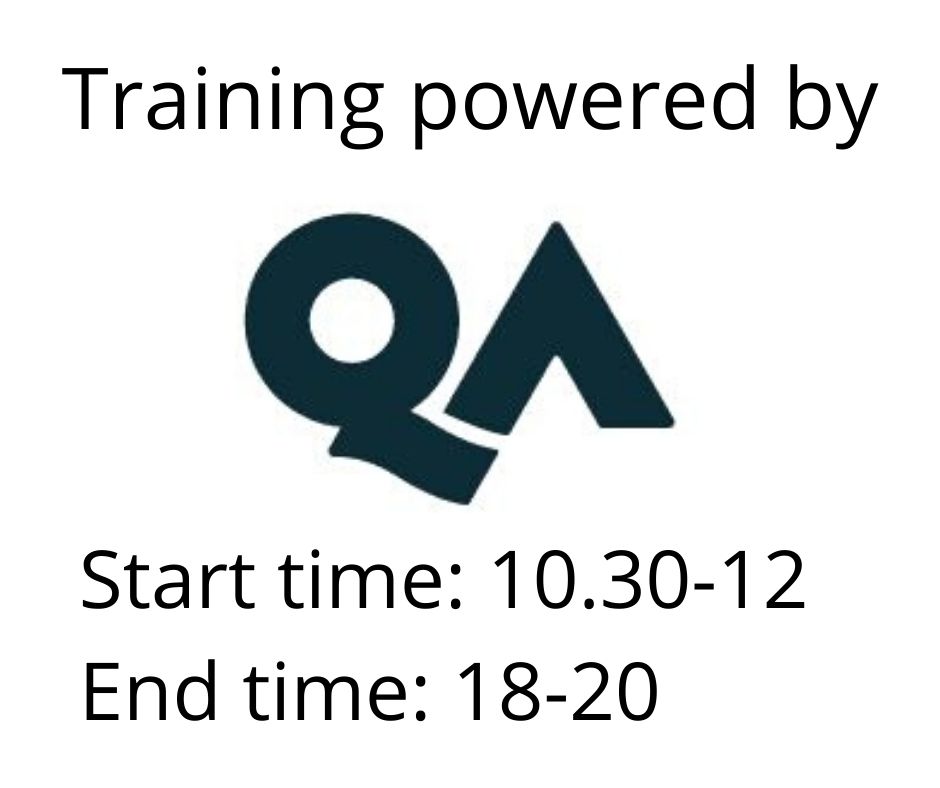Finance for Non-Financial Managers
Osallistumismuoto
Remote
Kesto
2 päivää
Hinta
2007 €
Target Group
'Rule No.1: never lose money. Rule No.2: never forget rule No.1.'
Warren Buffett – American Buinessman and Investor
Managers today are increasingly expected to understand and manage the finances in their area and often participate in financial decisions such as business cases and budget reviews. However Finance, like most professions, has its own jargon and terminology together with some processes and principles which often seem at odds with how we would manage our personal finances. This makes it confusing for non-finance people to understand how finance operates within organisations and prevents them from engaging in financial discussions and activities.
Common concerns we hear include:
- I don’t understand the financial jargon
- How can I get a better understanding of financial terms and principles?
- How can I better understand how finance works in my organisation?
- How can I feel more in control of the financial aspects of my role?
This course is designed to ‘de-mystify’ the world of finance and provide you with the confidence and competence to engage in financial activities in a way which demonstrates an understanding of the way finance is measured, the documents and statements which communicate it and the business conditions which drive financial decisions.
Goal
- Identify the role and importance of Finance within organisations
- Recognise and describe some of the common terms and jargon that are used
- Identify the elements of the Profit and Loss Account and Balance Sheet
- Find out about the tools that are used by the external market to judge organisations
- State the key distinction between profit and cash
- Recognise how organisations identify the drivers of their financial performance
- Learn about the key techniques within management accounting, specifically costing, cash flow and budgeting, and how they are used to forecast performance and support decision-making
Prerequisites
This course is for all non-financial managers, as well as people in other roles, who want to develop a better understanding of how finance operates in their and other organisations, for example to:
- ‘Talk finance’ with finance specialists, finance teams and the CFO
- Better understand the costs and finance of your team and organisation
- Better understand financial reports and statements
- Manage a budget with greater understanding
- Prepare better business cases and carry out investment appraisal
- Make better decisions, informed by the figures
Prerequisites
Delegates should come with a clear idea of how they want to use their financial knowledge back in the workplace and with copies of any documents they regularly use, for reference and discussion.
Course Content
The course will cover:
Day 1:
- Welcome and Introductions
- Financial Principles and Terminology
- Financial principles – how finance works in organisations
- Terminology – making sense of the language
- Business cycles – Operational and Capital Investment
- Financial statements - Income and Expenditure (P&L) and Balance sheets
- Financial Ratios – measuring financial performance
- Liquidity
- Performance and profitability
- Investment
- Productivity
- Distinction between profit and cash
- Cash flow statement
- Cash flow forecasting
- Cash and Cash Flow
Day 2:
- Understanding costs
- Importance of managing costs
- Fixed vs variable
- Direct and Indirect
- Breakeven
- Budget awareness
- Types of budget
- Organisation’s budgeting process
- Reviewing budgets
- Purpose and content
- Financial justification including payback, payback period, NPV and IRR
- Business Case and Investment Appraisal
- Review, Action Planning and Close
Hinta 2007 € +alv
Pidätämme oikeudet mahdollisiin muutoksiin ohjelmassa, kouluttajissa ja toteutusmuodossa.
Katso usein kysytyt kysymykset täältä.
